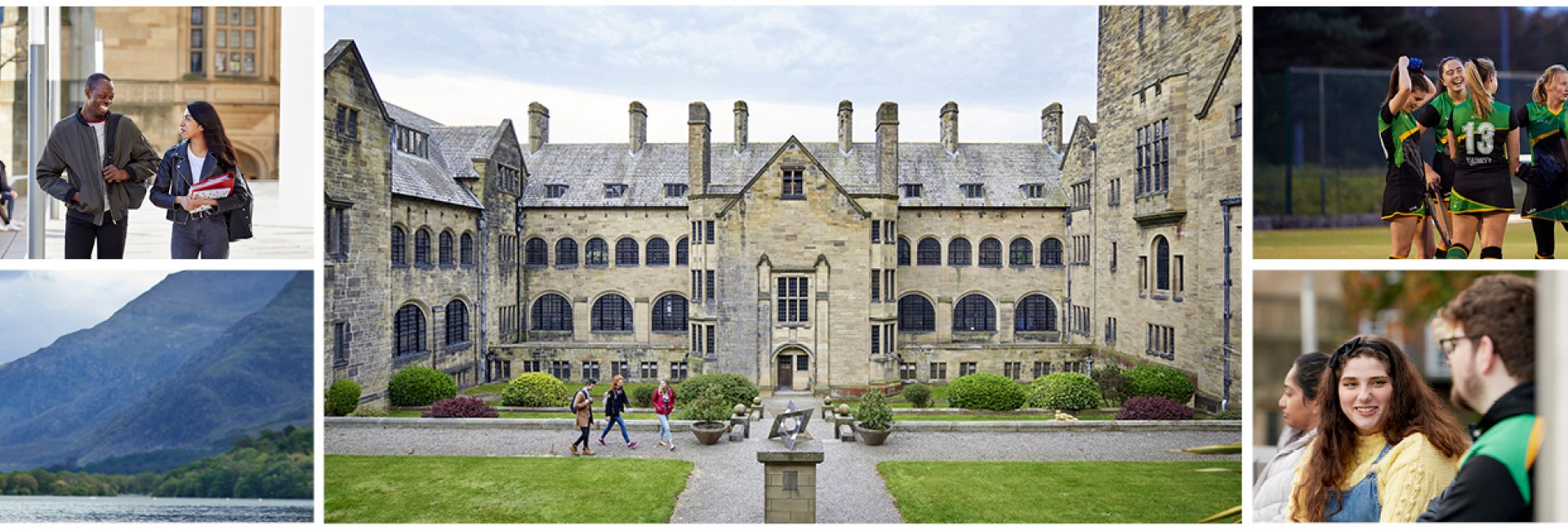Bangor University - Open Day
5 Jul 2025, 09:00
Bangor


To reduce greenhouse gas emissions and aid sustainable development, there is an urgent need to support our electricity generating capacity through the development of low carbon technologies, particularly those generated from renewable sources. The ocean represents a vast and largely untapped energy resource, that could be exploited as a form of low carbon electricity generation, and there is much European and global commercial and R&D activity in this energy sector. The UK is the world leader in the development of wave and tidal stream technologies, and if marine energy deploys globally, the UK is uniquely positioned to capture a substantial market share, with the potential to contribute as much as £4.3 bn to UK GDP up to 2050. The aim of this MSc programme is to equip students with the skills necessary to identify and quantify the potential of specific locations for marine renewable energy generation installations, with an emphasis on the resource (waves and tides), time series analysis, numerical modelling, and the challenges faced when placing arrays of devices in the marine environment.
This 12 month taught postgraduate course introduces students with a first degree in the physical, mathematical or other numerate sciences to the subject of Marine Renewable Energy. As well as providing an overview of marine renewable energy, the course enables students to research in detail those aspects of the subject in which they are particularly interested. The course places particular emphasis on assessing the wave & tidal energy resource, and geophysical nature of sites, providing students with the necessary skills for marine renewable energy resource and site characterisation from a theoretical, technical, and practical perspective.
Course content is for guidance purposes only and may be subject to change.

Learn what it's like to study at Bangor University. From key stats to campus highlights, open days, and more - find everything you need to know here.
Discover what it's like to study Marine Renewable Energy at Bangor University: insights on the course, making friends, personal statement tips, uni prep, and recommended books, podcasts, and videos.
Successful applicants normally hold, or expect to obtain, a 2(ii) undergraduate Honours degree in a physical, mathematical or other numerate science. Applicants from other subject areas (e.g. Geography, Geology, Biology and other sciences) or with relevant employment experience are encouraged to apply, provided that they can demonstrate high levels of motivation and experience in their Personal Statement and CV and have a suitable grounding in mathematics.
IELTS: 6.0 (with no element below 5.5) is required.
For the most up-to-date information on acceptable English Language proficiency qualifications, please visit our webpage below. https://www.bangor.ac.uk/international/future/englishlanguage
No fee information has been provided for this course
Tuition fee status depends on a number of criteria and varies according to where in the UK you will study. For further guidance on the criteria for home or overseas tuition fees, please refer to the UKCISA website.
For the most up-to-date fees information: Home/EU students: https://www.bangor.ac.uk/studentfinance/postgrad/index.php.en or International students: www.bangor.ac.uk/international/future/Finance_and_scholarship.php
The University offers a wide range of scholarships, studentships and bursaries.
Bangor (Wales)
LL57 2DG
Visit our website Visit our course page
Phone:01248 383938